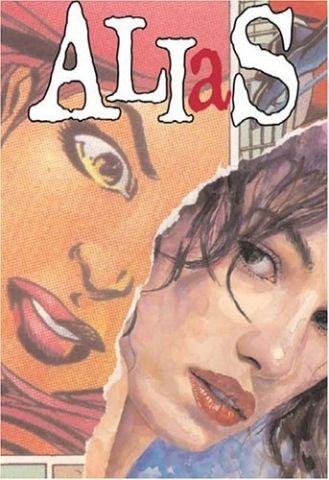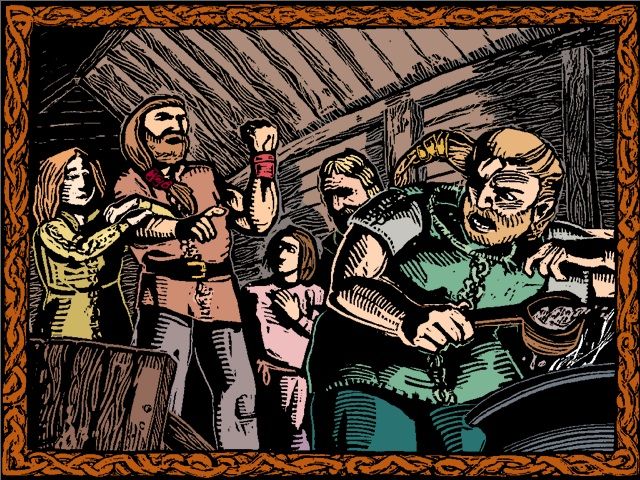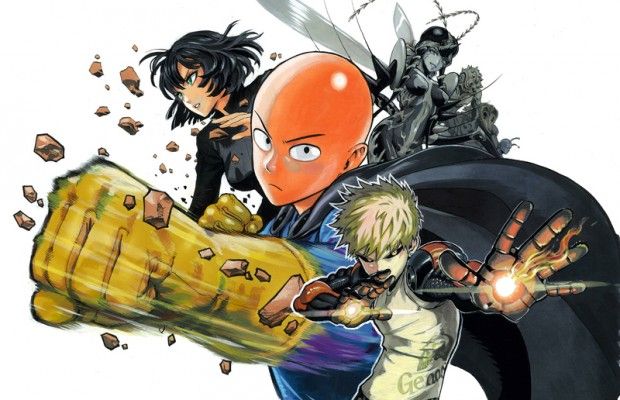Gameological alerted me to this peculiar project to create even more crappily written novellas based on video games released for the Nintendo Entertainment System console. Well, there’s nothing demanding that the submissions be terrible but apparently the original editions were really bad. I wondered exactly what kinds of stories would be submitted so I started looking through lists of NES games, then one thing led to another and before I knew it I was writing a fanfic for Mike Tyson’s Punch-Out. An excerpt:
Mike versus Mac
Most of the people reading this weren’t alive during the Moon landings. Most of the people reading this weren’t alive during the Kennedy assassination. A few might be too young to remember 9/11. Somehow, history refuses to be conveniently accessed. Somehow, history happens without us being there.
I think about this as I drive through Los Angeles on my way to a certain house in Carson. Most of the people in the neighbourhood are Filipino, and I even pass Jollibee, a restaurant franchise which has almost all of its locations in the Philippines. Finally I pull into the driveway of a modest home and before I even open my car door the owner comes out and shakes my hand. How are you, he asks. How was the drive?
I’ve never had an interview subject so eager to talk to me. Before I know it, I’m ushered through the house and into the den. “This is where I keep my old stuff,” says my apparent new best friend. There might have been several things on fire in that room, but I don’t notice because my eyes are drawn to a poster on the wall. It’s screaming about a boxing match set for October 5, 1987. Two men, one white, one black, face off with grim determination. Mike versus Mac, it says. The Battle of the Decade.
We’ll see if my inspiration will continue. I’ll have to read some Sports Illustrated articles to check the writing style.
Edit: Hmm, I hadn’t realized how much of a first draft this was but it really needs some revision. Still, the seed has been planted, I just need to build on this.



